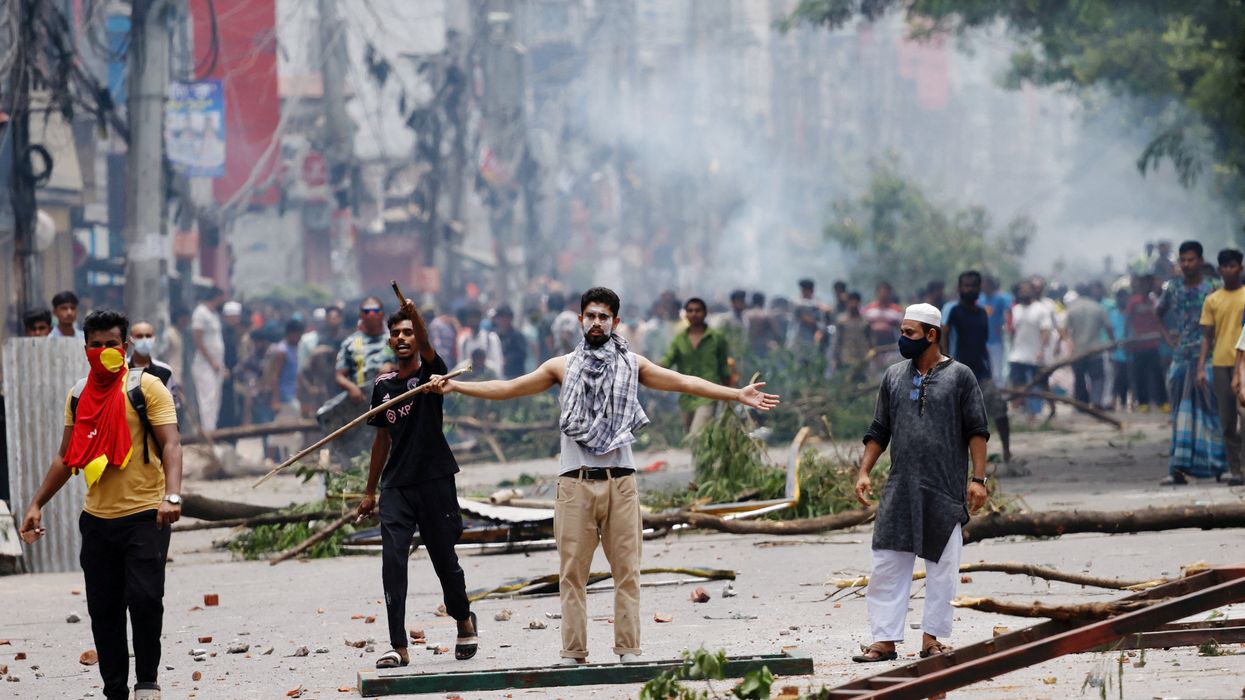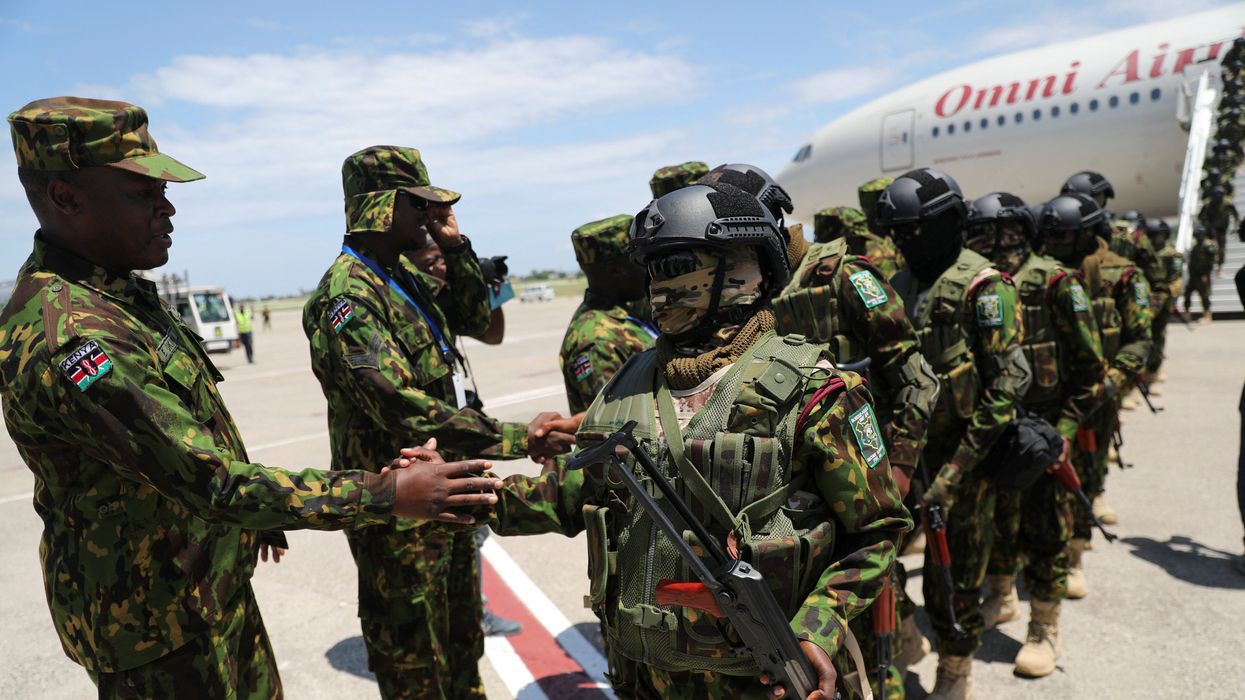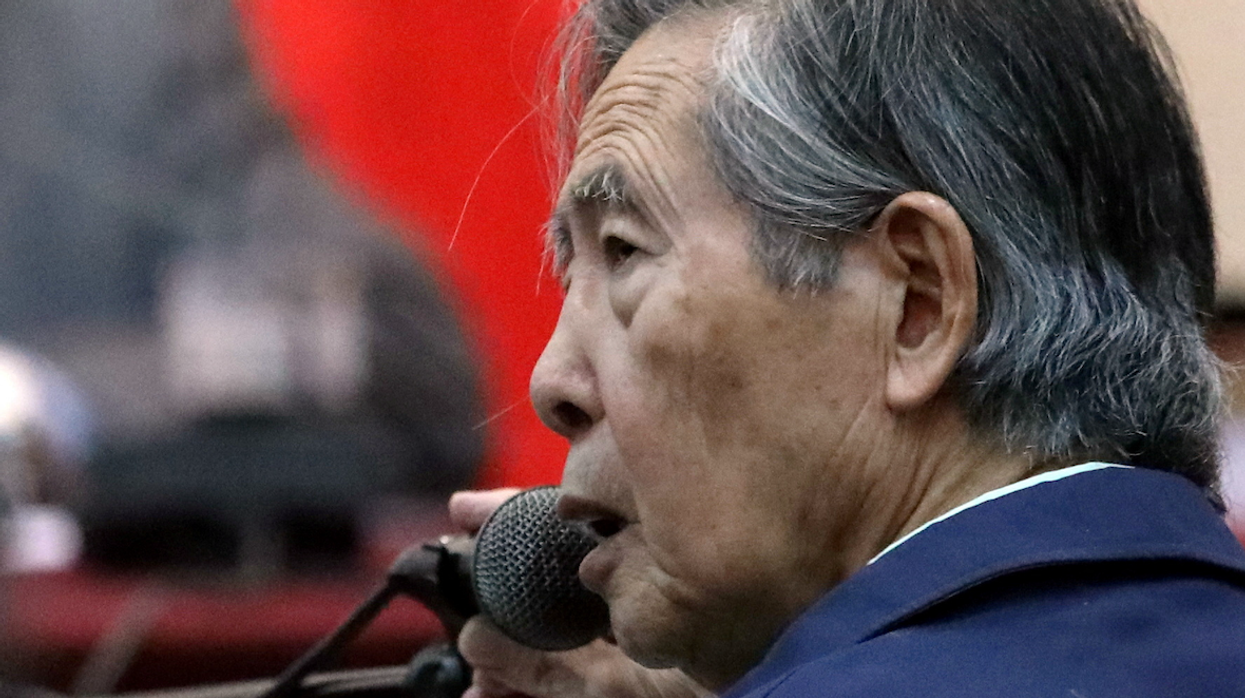What We're Watching
Bangladeshi high court quashes quotas, but students stand firm
Bangladesh’s Supreme Court on Sunday scrapped most government job quotas after two weeks of nationwide student-led protests left 139 people dead and more than 400 injured.
Jul 22, 2024



